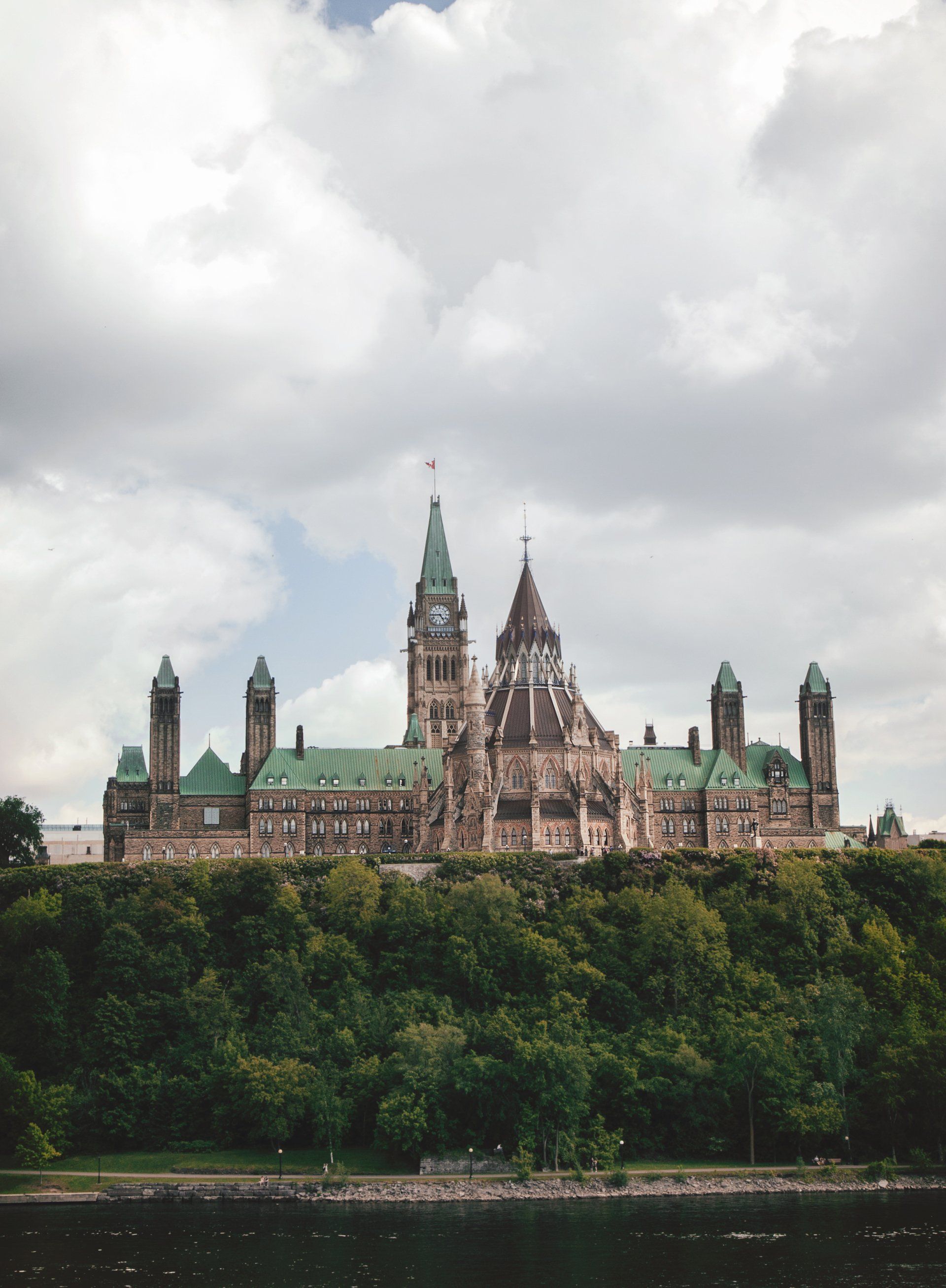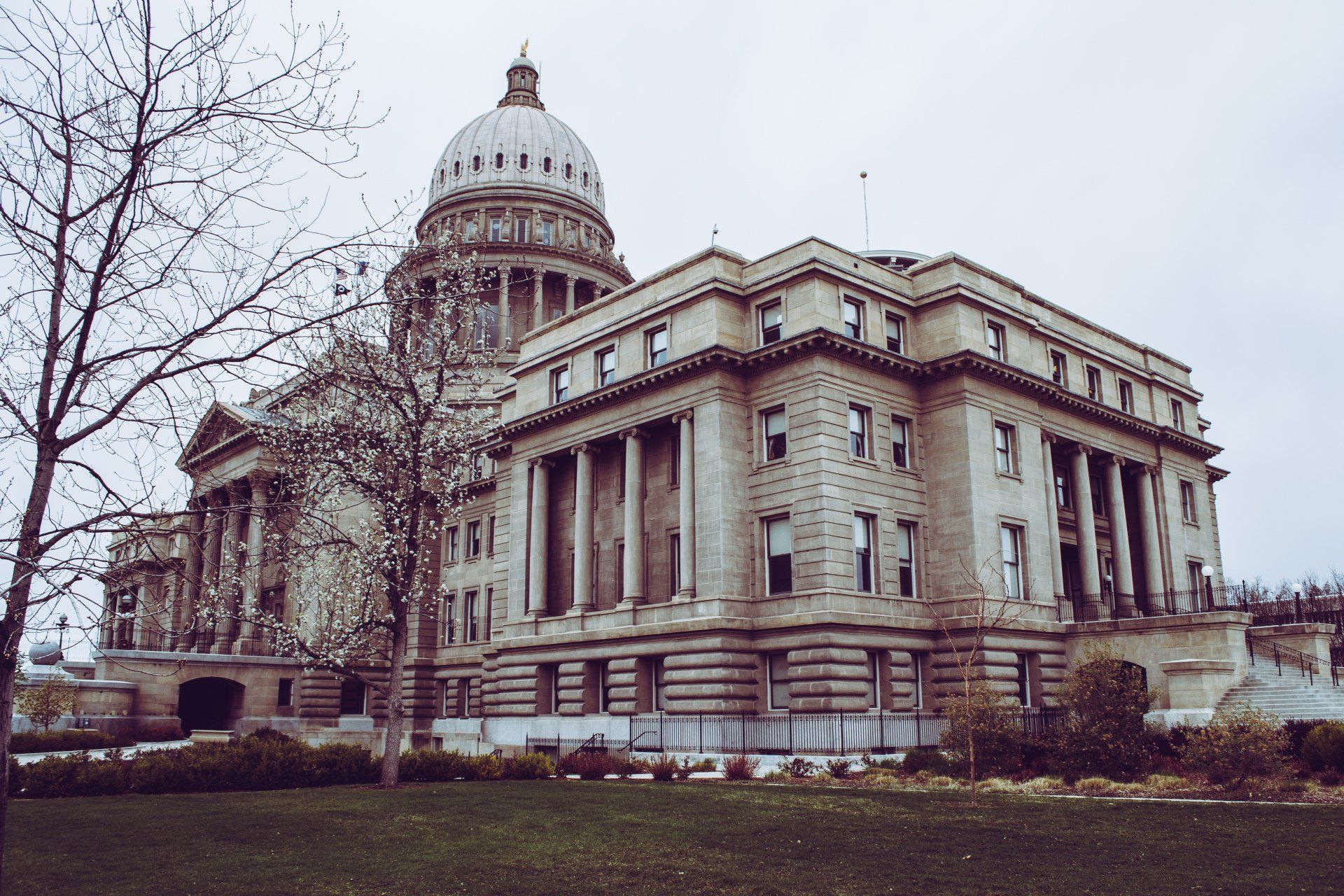New York City Airbnb Ban
Context
An article by the Guardian reported a new Airbnb ban in the city of New York, significantly restricting the company’s activities and potentially setting a precedent for other cities to follow.
New York’s Local Law 18, the Short-term Rental Registration Law, started implementation in September of this year. The law is intended to force short-term rental companies like Airbnb to only process transactions for buildings that are registered with the city government and ensure that those transactions have been checked through the city’s verification system.
Critically, only the primary dwelling of the host can be rented out, there can only be a max of two guests at a time, and the host must be present while the unit is being rented out.
Analysis
It does certainly seem like this is a de-facto ban for Airbnb, as the majority of Airbnb rentals in New York are full homes that have been purposed for Airbnb rentals. Although Airbnb started as a model for individuals to make extra cash renting out their apartments or homes while they are on vacation, many listings now are run by large property managers. In New York, over 55 percent of listings are entire homes or apartments, and 49 percent of listings were offered by hosts with multiple listings.
Similar laws have been implemented in some Canadian cities. Quebec is one Canadian province which has taken steps to restrict Airbnb by requiring licenses for short-term rental units. However, while it was already illegal to rent out short-term units without a license from the municipality, Airbnb did not vet any of the units through their platform.
In early 2023, a fire broke out in old Quebec City in a heritage house within which several units were being rented illegally as Airbnb’s. The fire killed seven people, prompting Airbnb to commit to vetting transactions. Approximately half of all Airbnb listings were removed from the site that did not have a registration number, however, some hosts attempted to circumvent that process by entering false numbers. Airbnb, when questioned about the continued illegal activity, suggested it is not their responsibility to enforce the province’s law.
The article suggests that there is an increasing opinion that the growth of Airbnb is a contributing factor to the inflation of rental prices across the globe. This point does seem to be supported by research. For example, a Harvard Business Review study found that the development of Airbnb in America contributes to about one-fifth of the growth in average rental prices. They suggest that this is partially due to the profitability of short-term rentals that can incentivize owners to take potential long-term rentals off the market. Over time, this can drive up prices of rentals as the market shrinks.
In Canada, the financialization of housing does also seem to contribute to the housing crisis. According to Statistics Canada, the share of short-term rental units is growing. Short-term rentals make up 15.2 percent of the total revenue generated from the Canadian accommodation services market, more than doubled from 7 percent in 2017. A study done on Airbnb rentals in Canada also found that more than 50 percent of all revenue was acquired by businesses with multiple listings. If countries do recognize short-term rentals as a significant factor in addressing the housing crisis, restricting Airbnb’s activities could become a viable legislative option.
Another way that Airbnb is upsetting some rental markets is by acting as a “shadow market” for longer-term rentals. Instead of signing a standard lease, tenants are signing a legal agreement written by the Airbnb company, for rental agreements longer than 30 days. Toronto, for example, initiated legislation in 2021 that restricted the use of short-term rentals in the city offered for 28 days or less to the host’s primary residence only. Since the implementation of the new law, more than 75 percent of Airbnb’s shifted to monthly rentals of over 28 days. It is uncertain if a similar shift in focus will happen in New York as Airbnb tries to survive.


